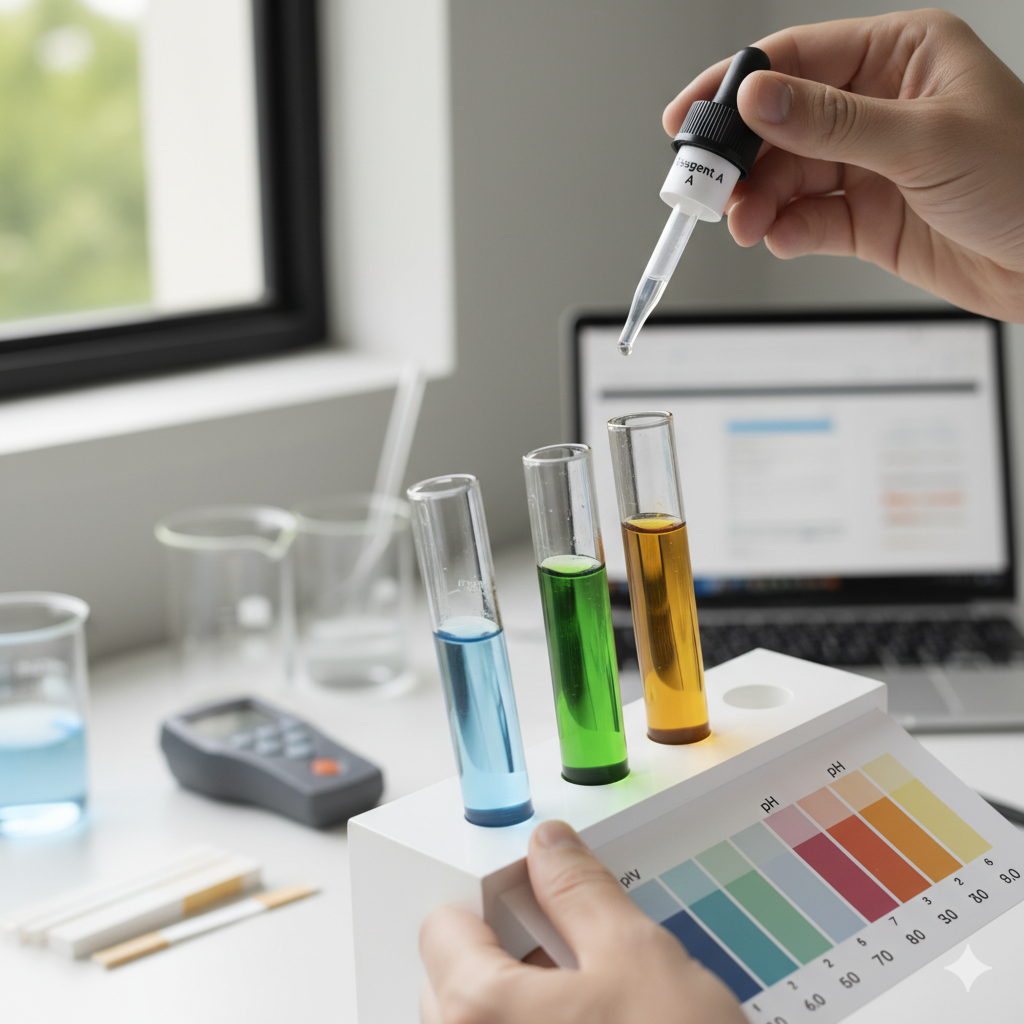Michigan is blessed with abundant freshwater resources, from the Great Lakes to numerous rivers and groundwater supplies. However, the presence of these resources does not automatically guarantee water quality. Regular water testing is critical in ensuring the safety and cleanliness of water used for drinking, agriculture, and recreation. Here’s a closer look at why water testing is particularly important in Michigan.
Understanding Michigan’s Water Sources
Michigan is home to around 11,000 inland lakes and 36,000 miles of streams, making it crucial to monitor and maintain water quality. The state’s unique geography can sometimes lead to water contamination due to agricultural runoff, industrial discharges, and natural occurrences. Understanding the source of water is the first step in implementing effective testing and treatment strategies.
Potential Contaminants in Michigan Water
Several potential contaminants can affect water quality in Michigan:
- Industrial Pollutants: Industries near water bodies can release harmful chemicals into the water, affecting both ecosystems and human health.
- Agricultural Runoff: Fertilizers and pesticides used in agriculture can run off into water sources, leading to nutrient pollution and harmful algal blooms.
- Naturally Occurring Contaminants: Elements such as arsenic and uranium can be present in groundwater due to natural geological formations.
The Health Implications of Contaminated Water
Water contamination poses significant health risks. Consuming or using contaminated water can lead to diseases like gastroenteritis and long-term health conditions such as cancer. Vulnerable populations, including children, the elderly, and those with compromised immune systems, are particularly at risk.
Regulatory Standards and Guidelines
The Environmental Protection Agency (EPA) sets federal water quality standards, while the Michigan Department of Environment, Great Lakes, and Energy (EGLE) enforces state-specific regulations. These standards are designed to protect public health by limiting the levels of contaminants in drinking water.
The Role of Well Drilling and Maintenance
For many rural communities in Michigan, private wells are a primary water source. Companies like White Lake Well Drilling offer essential services in well installation and maintenance to ensure water safety. Regular testing of well water is crucial, as private wells are not regulated by the EPA, leaving homeowners responsible for monitoring their water quality.
Steps to Ensure Water Safety
Regular Testing
Homeowners should test their water annually for a range of contaminants. Testing more frequently might be necessary if there are changes in taste, color, or odor, or if there are known contamination issues in the area.
Understanding Test Results
Once water is tested, understanding the results is critical. Homeowners should consult with professionals to interpret the data and determine if any action is required.
Implementing Treatment Solutions
If contaminants are found, treatment options such as filtration systems or chemical disinfection might be necessary to ensure that water remains safe for use.
Community Involvement and Education
Community awareness and education play vital roles in safeguarding water quality. Local governments and organizations can host workshops and provide resources to help residents understand the importance of water testing and how to maintain safe water systems.
In Michigan, ensuring water quality through regular testing and proper maintenance is essential to protect public health and preserve the state’s precious water resources. By staying informed and proactive, communities can help ensure that their water remains clean, safe, and sustainable for generations to come.

Comments